PM describes Serbia as "lucrative energy market"
Serbia is a lucrative energy market that needs companies from Europe and the rest of the world, PM Ivica Dačić has told a conference in Belgrade.
Thursday, 24.10.2013.
11:43

BELGRADE Serbia is a lucrative energy market that needs companies from Europe and the rest of the world, PM Ivica Dacic has told a conference in Belgrade. Speaking at the Energy Arena 2013, the sixth edition of the South East Europe regional conference on energy held in Belgrade on Wednesday, Dacic said that we need to talk about ways to finance energy projects as Serbia take care not to exceed a certain level of indebtedness. PM describes Serbia as "lucrative energy market" “Our goal is to stop debt growth by 2016, as all projects are financed by loans and we need to see if there are other ways to fund them,” Dacic said. The prime minister said that the energy sector is a growing sector in the country and one of its primary ones, and the government plans the growth, which is currently one or two percent, to be between three and five percent starting from 2015 or 2016. Dacic said that new energy projects need to be of importance for the entire region. When it comes to regional cooperation, Dacic said that the Serbian government supports all regional projects that contribute to the development of energy, strengthening of competition and future integration of the gas, oil and electric energy markets. Joint projects need to be realized differently in the future, and Serbia’s energy sector is fully braced for the future, for integration of subsystems in Europe and also with Russia and China, said Dacic. Dacic also stressed the importance of the construction of the South Stream pipeline, another important regional project. (Tanjug) "EUR 60 billion" Around EUR 60 billion need to be invested in the energy sector in Serbia by 2030, and this can be realised through mutual cooperation between regional energy companies, Director General of the Petroleum Industry of Serbia (NIS) Kirill Kravchenko stated on Wednesday. Compared to Central Europe, the Balkans can double its energy efficiency and energy capacities, Kravchenko said at the conference entitled 'Energy Arena 2013' organised to mark Serbia's chairmanship over the Energy Community of South-East Europe in 2013. Energy is the driving force behind economy in the Balkans as eight out of ten major regional companies operate in the energy sector, said director general of NIS in which Russian company Gazprom Neft has a majority stake. Serbian Energy Minister Zorana Mihajlovic said that the vision of Serbia's energy sector is to use its geographic position and become a transit corridor for energy and fuels. She said that the construction of the South Stream pipeline should begin soon and pointed to the importance of gas connections between Serbia and Bulgaria. Mihajlovic said that Serbia will try to use all its energy sources, including high-quality coal, for the construction of the new thermal power plant Stavalj, and it will also exploit available hydro-power potentials for the construction of reversible hydro-power plant Bistrica and hydropower plant Djerdap 3. According to the vision, Serbia should once more start exporting electricity after 2020, Mihajlovic said and underscored that the country's strategic goal is to ensure enough energy and fuels on sustainable prices which most citizens can afford. She said that Serbia adopted a number of legislative procedures in the energy sector over the past year and a half, and underscored that the legislative frameworks for renewable energy sources have been rounded off. As critical points in the energy sector, Mihajlovic listed the pace of electricity and gas market opening, which is why companies will have to be sufficiently competitive in the Serbian market. Tanjug
PM describes Serbia as "lucrative energy market"
“Our goal is to stop debt growth by 2016, as all projects are financed by loans and we need to see if there are other ways to fund them,” Dačić said.The prime minister said that the energy sector is a growing sector in the country and one of its primary ones, and the government plans the growth, which is currently one or two percent, to be between three and five percent starting from 2015 or 2016.
Dačić said that new energy projects need to be of importance for the entire region.
When it comes to regional cooperation, Dačić said that the Serbian government supports all regional projects that contribute to the development of energy, strengthening of competition and future integration of the gas, oil and electric energy markets.
Joint projects need to be realized differently in the future, and Serbia’s energy sector is fully braced for the future, for integration of subsystems in Europe and also with Russia and China, said Dačić.
Dačić also stressed the importance of the construction of the South Stream pipeline, another important regional project.
"EUR 60 billion"
Around EUR 60 billion need to be invested in the energy sector in Serbia by 2030, and this can be realised through mutual cooperation between regional energy companies, Director General of the Petroleum Industry of Serbia (NIS) Kirill Kravchenko stated on Wednesday.Compared to Central Europe, the Balkans can double its energy efficiency and energy capacities, Kravchenko said at the conference entitled 'Energy Arena 2013' organised to mark Serbia's chairmanship over the Energy Community of South-East Europe in 2013.
Energy is the driving force behind economy in the Balkans as eight out of ten major regional companies operate in the energy sector, said director general of NIS in which Russian company Gazprom Neft has a majority stake.
Serbian Energy Minister Zorana Mihajlović said that the vision of Serbia's energy sector is to use its geographic position and become a transit corridor for energy and fuels.
She said that the construction of the South Stream pipeline should begin soon and pointed to the importance of gas connections between Serbia and Bulgaria.
Mihajlović said that Serbia will try to use all its energy sources, including high-quality coal, for the construction of the new thermal power plant Stavalj, and it will also exploit available hydro-power potentials for the construction of reversible hydro-power plant Bistrica and hydropower plant Đerdap 3.
According to the vision, Serbia should once more start exporting electricity after 2020, Mihajlović said and underscored that the country's strategic goal is to ensure enough energy and fuels on sustainable prices which most citizens can afford.
She said that Serbia adopted a number of legislative procedures in the energy sector over the past year and a half, and underscored that the legislative frameworks for renewable energy sources have been rounded off.
As critical points in the energy sector, Mihajlović listed the pace of electricity and gas market opening, which is why companies will have to be sufficiently competitive in the Serbian market.











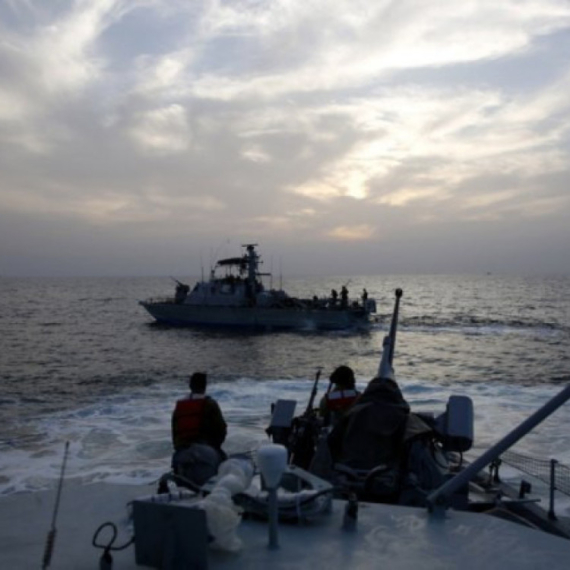


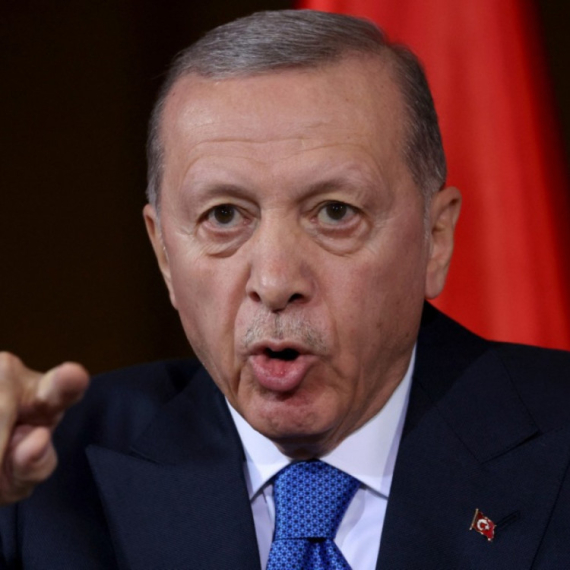
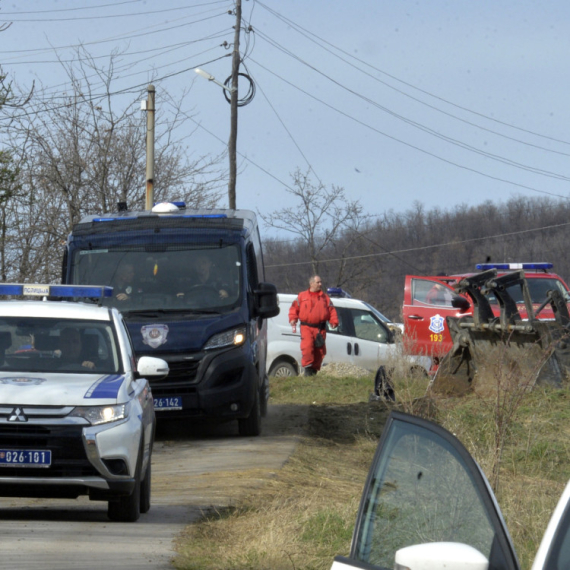
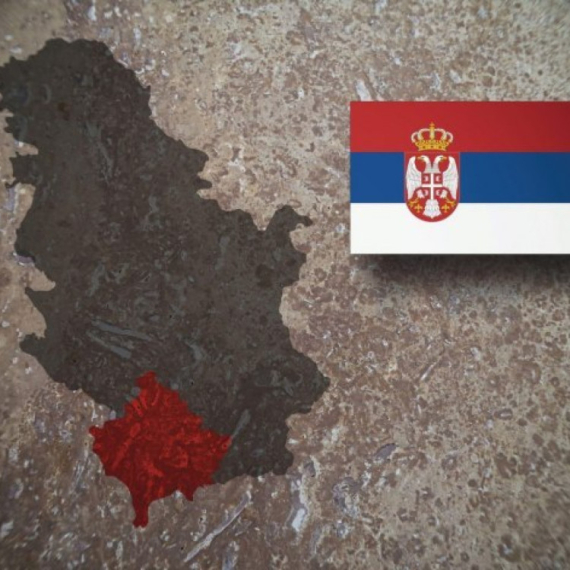
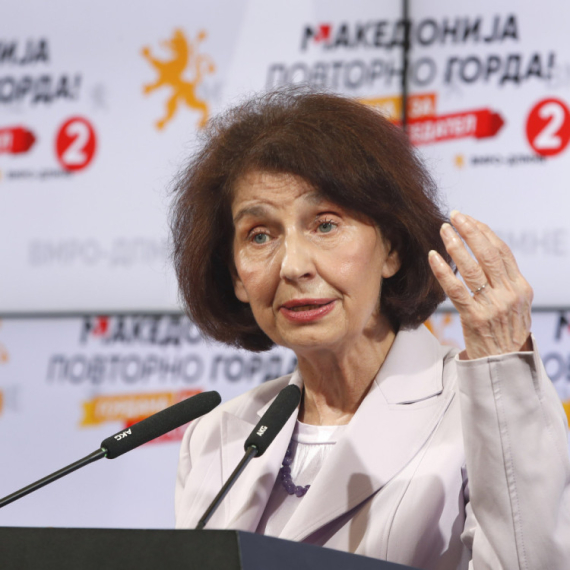







































Komentari 0